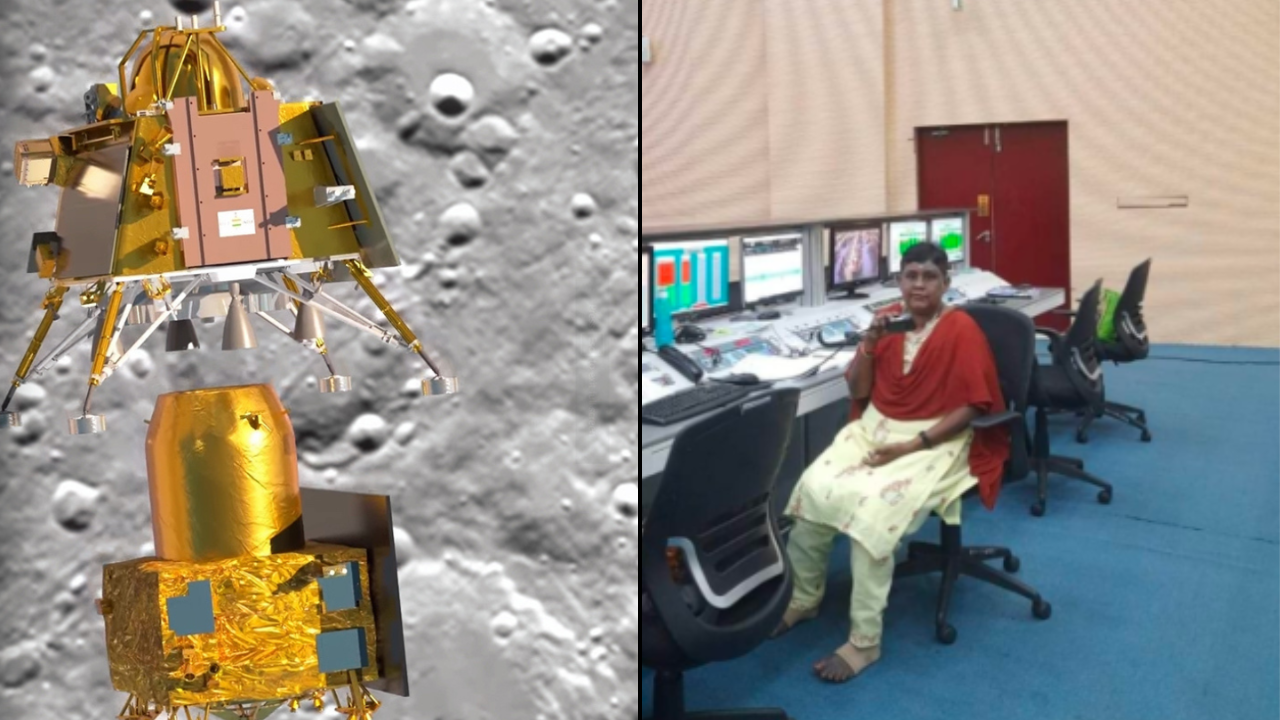
Indian Space and Research Organisation (ISRO) scientist N Valarmathi passed away on Saturday. The scientist is known for her iconic voice during rocket countdown launches. Most recently, she voiced the countdown during the launch of Chandrayaan-3, India's successful moon mission that scripted history. According to reports, she suffered a heart attack and passed away in Chennai on Saturday evening.
Former ISRO Director Dr. P V Venkitakrishnan took to social media platform X (Twitter) to condole the unfortunate demise.
Sharing her picture, he wrote, ''The voice of Valarmathi Madam will not be there for the countdowns of future missions of ISRO from Sriharikotta. Chandrayan 3 was her final countdown announcement. An unexpected demise . Feel so sad. Pranams!''
More about the late scientist
A native of Tamil Nadu's Ariyalur, N Valarmathi was born on July 31, 1959. She went to the Nirmala Girls Higher Secondary School and then graduated in engineering from the Government College of Technology in Coimbatore.
Her career began at ISRO in 1984. The late scientist played a pivotal role in numerous missions. She was the project director of RISAT-1 – India's first indigenously developed Radar Imaging Satellite (RIS) and the country's second such satellite.
In 2015, she became the first recipient of the prestigious Abdul Kalam Award, instituted by the Government of Tamil Nadu, in memory of former President and the ‘Missile Man of India’ – Dr APJ Abdul Kalam, who passed away in July that year.
People are expressing their remorse by sharing condolences on social media to pay tribute to the late ISRO scientist.
“I am so sorry to hear about the passing of Valarmathi Madam. She was a true inspiration to many, and her voice will be missed during every launch. Om Shanti,” a social media user wrote.
Another shared a clip of her voice on social media for all to remember.
How your heart changes with age
People aged 65 and older are much more likely than younger people to suffer a heart attack, according to the US CDC. “Aging can cause changes in the heart and blood vessels.” As we grow older, the heart cannot beat as fast during physical activity or stressful situations as it did when we were younger. “However, the number of heartbeats per minute (heart rate) at rest does not change significantly with normal aging,” the CDC adds.
“Changes that happen with age may increase a person's risk of heart disease. A major cause of heart disease is the buildup of fatty deposits in the walls of arteries over many years. The good news is there are things you can do to delay, lower, or possibly avoid or reverse your risk.”







